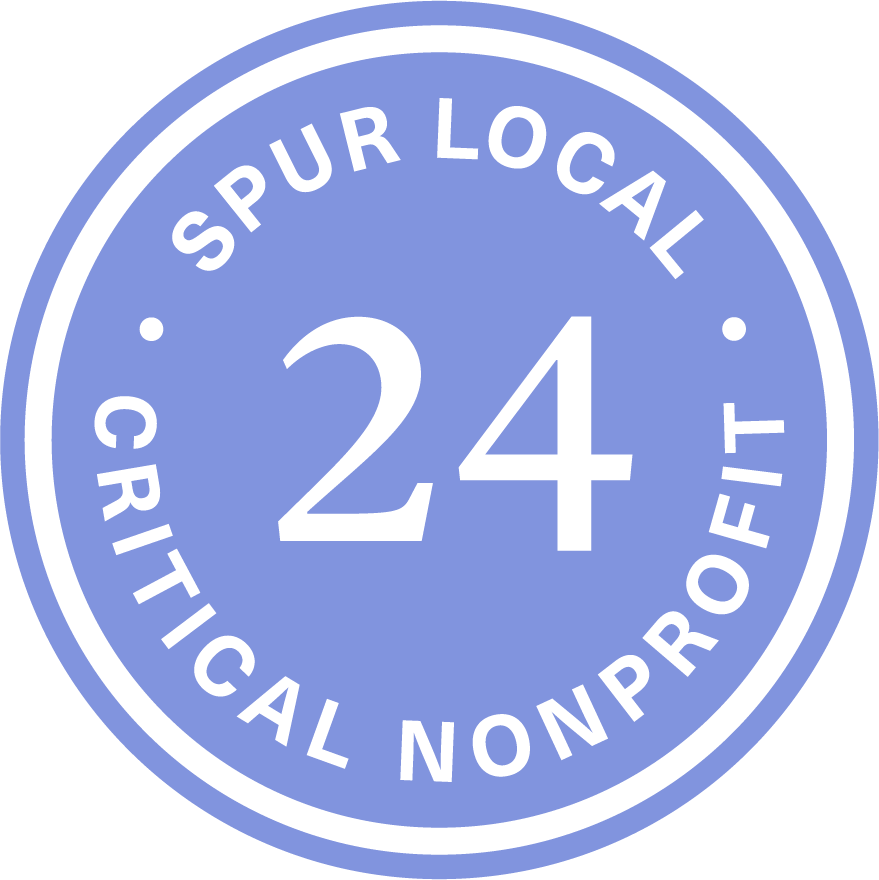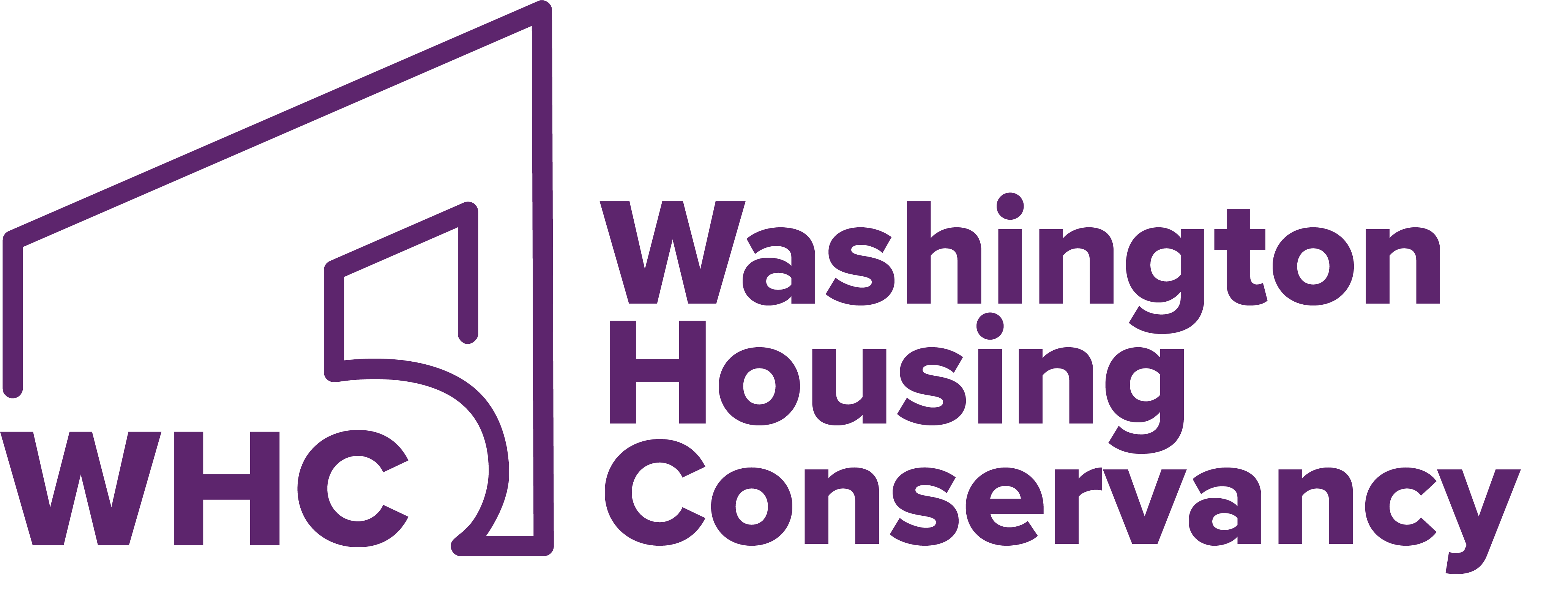
The Link Between Affordable Housing and Educational Outcomes
Back to school time is a reminder of how important stable and safe housing is to children’s ability to learn and ultimately to their future emotional, physical and economic success. In our knowledge-based and tech economy, developing reading, critical thinking and math and science skills are essential to securing a healthy and successful future. Increasing access to affordable housing is the most cost-effective strategy for reducing childhood poverty and increasing economic mobility in the United States, according to research by Harvard University professor Raj Chetty.
Affordable housing traditionally gets built in the places where land is the cheapest in neighborhoods that have experienced years of under or no investment including in schools. And for children in these neighborhoods, educational outcomes have been diminished.
A recent Urban Institute report notes that “the relationship between residential segregation and inequitable outcomes is more commonly driven by school segregation because residential segregation has concentrated children of color in high-poverty schools.” Alternatively, affordable housing in high opportunity mixed-income neighborhoods with high performing schools combats decades of racist housing policies and segregation that have thwarted economic mobility and opportunity, especially for people of color.
At the Washington Housing Conservancy, we focus on preserving housing affordability for families and individuals who might be displaced from their homes and neighborhoods by escalating rents. By stabilizing rents in high opportunity neighborhoods in the path of redevelopment that otherwise are or would become prohibitively expensive, WHC opens the door to opportunity, particularly for the youngest residents because they have access to quality, well-funded schools with experienced teachers and a supportive community.
Research has shown that children in stable housing situations tend to perform better academically and are more likely to graduate from high school and attend college than children experiencing housing instability. Stable housing provides a consistent and structured environment for children that allows them to establish daily routines including regular bedtimes, study times and mealtimes. When families move frequently, children experience stress that negatively impacts cognitive development, emotional well-being, and a child’s ability to concentrate in school.
When children and their families are in stable housing in mixed-income communities they are able to develop the social networks and connections that support long-term friendships and supports that have an impact on emotional well-being and the motivation to succeed in schools.
A WHC community doesn’t just offer a roof over one’s head. It becomes an enriching and vibrant community replete with amenities and services including access to well performing schools and the peace of mind that enables people to create a bright future for themselves and their families.

Preserving housing affordability and promoting economic mobility in the DC-region
The Washington Housing Conservancy is a 501(c)(3) non-profit organization. Your investment helps us expand our work. Your gift is 100% tax-deductible. EIN 83-1866109


Privacy Policy Terms & Conditions
Privacy Policy
Terms & Conditions
Get in touch
Follow us
